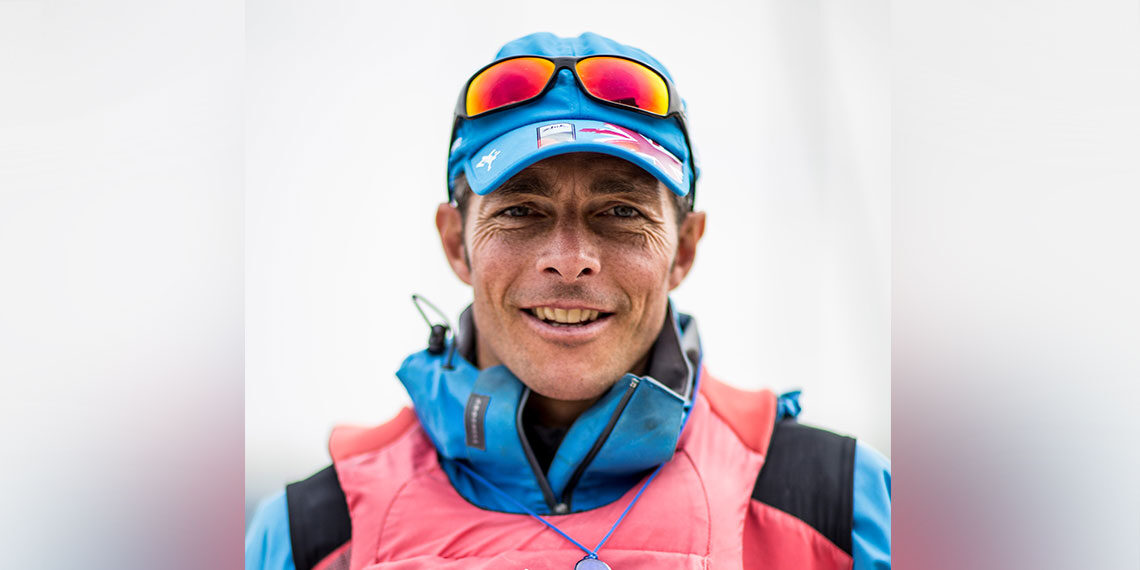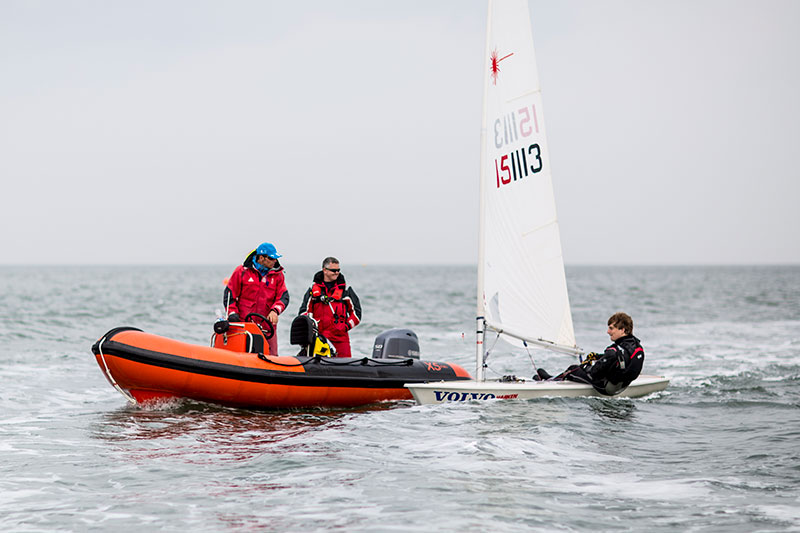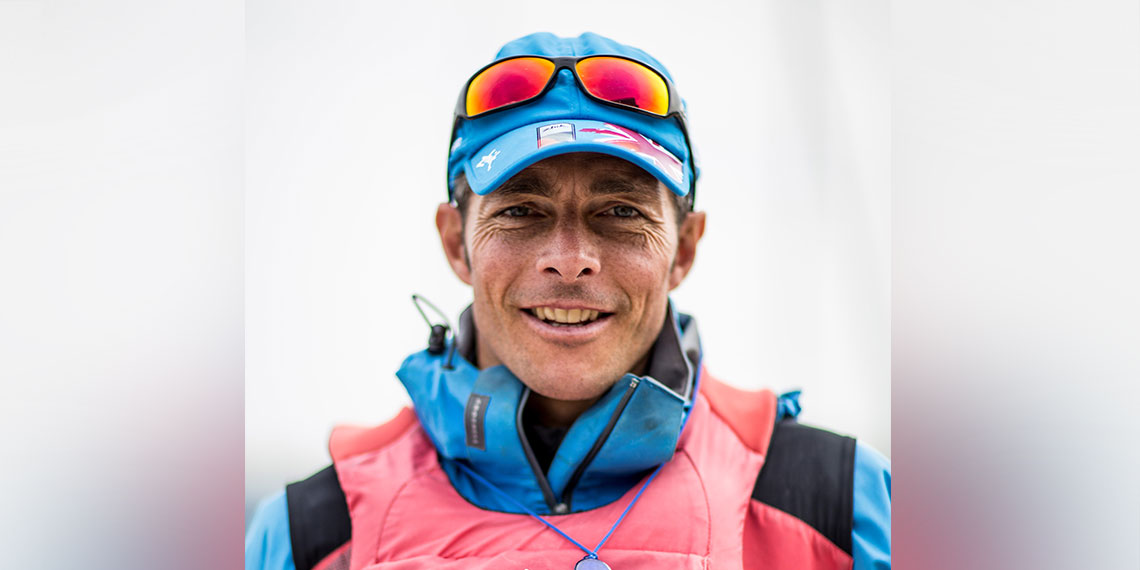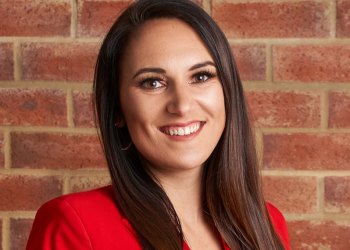Creating Team Unity for Elite Performance – Hugh Styles

“Together we achieve more”. For me, this really epitomises teams and teamwork.
In my 24-year sailing and coaching career in Olympic and professional sport, I’ve been privileged to witness teams doing just that. I’ve raced Grand Prix yachts, coached British sailing olympic champions and as a High Performance Coach this gives me a unique lens through which I can see how to create unity within a team and generate an environment which results in winning performances.
Time on the Water provides a range of services from decision making profiling to performance management, team building and coach training, helping teams in the maritime and sports sector develop winning habits on and off the water – regardless of whether they are beginners or Olympians.
Elite sport is a challenging environment, testing one’s self, fellow team members and how they operate together against the competition in ever changing and challenging environments.
My pyramid model helps develop and optimise teams and has been used to great effect regardless of a team’s shape and size.
Build > Experience > Strive > Triumph to reach the pinnacle of success
First, we identify personality traits and behaviors that the individual and team requires for success.
Everyone has their strengths and their weaknesses. And it’s during this team building phase that we really get to know each team members’ strongest traits and relative skill level so we can match them to roles that maximise them. This is vital in bringing individuals together to operate as a cohesive unit.
We map out a vision of success by asking key performance questions. The answers identify the necessary winning habits.
After analysing the competition we generate a “What It takes to Win” strategy. This is translated into a “Medal Winning Plan”: a powerful working document helping manage the team’s campaign, keeping them aligned and agile as their training programme develops.

We manage training and competition routines using SMART goals, breaking down opportunities into manageable chunks of learning. A winning team understands how to overcome difficulty and develop effective solutions to push through moments of struggle.
By focussing on specifics, over time and with effort, teams can show how much they’ve improved and build confidence in their performance.
We then move onto the Experience phase. In this, highly motivated, disciplined and dedicated teams are able to learn faster than the opposition.
These teams plan methodically, yet are flexible enough to adapt when things change, taking advantage of opportunities.
Throughout, they must keep focussed on their success and know how they’re progressing and we achieve this through regular ‘plan and do’ reviews.
Many thousands of hours of focused practice (around 10,000 according to Malcolm Gladwell’s book “Outliers”) is required for a team to be able to deliver the right performance, at the right time, regardless of the situation.
Learning to embrace failure, being able to rebound and know how to adapt, is what really helps teams understand how to succeed. Once they have tasted success, they want more. It feeds their desire for improvement.
At this critical point they start to understand the need to Strive, and want to be the best. The Strive phase is where the best teams exhibit levels of commitment to training and excellence above their competitors. They leave no stone unturned as they journey towards their goal.
Teams who routinely win races and regattas relish this phase which is about learning to perform under pressure: winning when required – not just by chance.
They work tirelessly to garner all marginal gains with an obsessive attention to detail. The aggregation of these marginal gains and their passion for developing technical advantages, result in formidable advantages.
Triumph – the last phase of the pyramid – is where the team develops the ability to remain resilient and mentally tough. They train hard in testing environments, replicating the pressure of elite performance.
Dealing with this level of stress in daily training allows any cracks in alignment or cohesion to be flagged early and addressed.
Making their training environment tougher and more challenging, enables teams to focus on overcoming adversity, and get used to adapting.
They train like they race and race like they train, gathering in every little 0.1% gain – until they win that Olympic Gold Medal.
Sailing World Champion and Olympian turned elite coach, Hugh Styles, is passionate about performance sport and has been driving British Sailing Team athletes to multiple podium successes at Olympic level since 1996.






